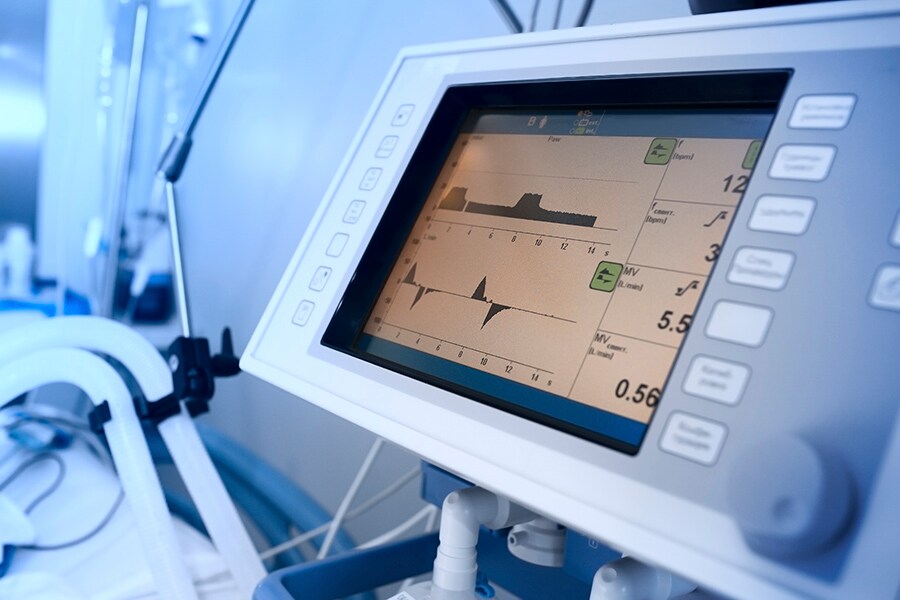
'Why are PSUs making ventilators?'
Vinod Kohli of Allied Medical believes local manufacturers of medical devices can compete with multinationals if they are provided with financial support and a level-playing field
 Image: Shutterstock
Image: Shutterstock
The pandemic was the best time to boost the medical infrastructure of the country, reckons Vinod Kohli, an anaesthesiologist who started medical device manufacturing company Allied Medical in 1982. “Why can’t we show the world that we can make the best medical equipment?” he asks. Rooting for domestic medical device makers, Kohli reckons that India should make the most of the mistrust that China has notoriously earned after the pandemic. “This is a golden opportunity to take the space that China used to dominate,” he says. Globally, there is a lot of mistrust against China after the pandemic. India already has immense goodwill among most of the countries across the world to fill the vacuum. “Let’s start Atmanirbhar Bharat (self-reliant India) with medical device makers. India can be a hub for supply to the world,” he says in an interview with Forbes India. Edited excerpts:
Covid was the best time to boost local medical equipment makers. Has it happened?
Unfortunately, it didn’t happen as the decision makers focussed on provision of ventilators (in terms of quantity) for Covid-19. Quality, specifications, regulations and technical backgrounds of the companies were ignored while placing orders. Some companies who got large orders had no past experience of manufacturing any medical device, and they are unlikely to do so in the future too. In fact, companies who got 60 percent of ventilator orders had no knowledge of medical devices and borrowed design from companies who also had bought the design from another company and changed hands over the last 10 years. They were given advances and other support.





